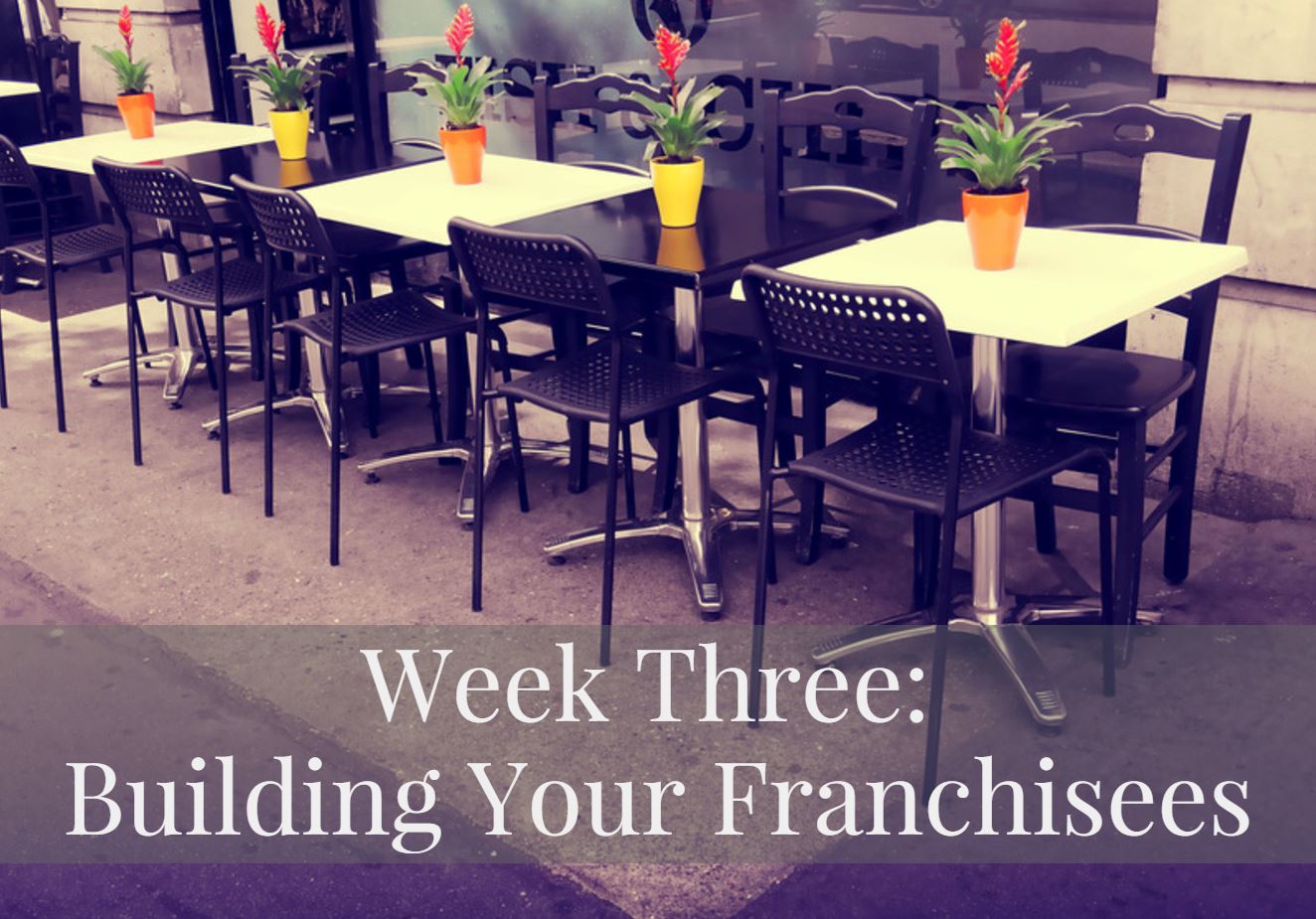Last week we talked about how important it was to develop a turn-key model for your franchisees, but what good is having an extensive Operations Manual without a high-quality franchisee? Today we are focusing on creating an image for your potential restaurant franchisees so that you know what’s out there and who will fit into your business model the best. And I’m not talking about whether they’re a cat person or a dog person, but rather understanding if they would play a useful role in the success of your business. Don’t get me wrong, it is important to vet your franchisees to see if their ideas for business operations line up with yours, whether they seem serious about this business investment, among an array of other things. But once you move past the basics, it’s crucial to identify what type of franchisee they are and whether that works for your business model or not. There are several franchisee types that you can use in your business development, but it is important to understand the key differences between them so that you can determine which roles might be most beneficial for you.
Single-Unit Franchisee
A single unit franchise is the typical foundation for franchise development. This is where there is one individual or party who purchase the rights to open one location of your restaurant. Typically, the franchisees who buy into this business model consist of one person, a couple, or a small team who have quit their day jobs to become their own bosses and run their own business. It is not unheard of for them to hire a manager to run their location for them, but typically this is a personal project that the franchisees have invested in to create a new chapter in their lives and dedicate their personal time and money to.
Multi-Unit Franchisee
So if a single-unit franchisee is one party owning one restaurant location, then a multi-unit franchisee is one party owning multiple restaurant locations. While a multi-unit franchisee could have potentially started as a single-unit franchisee, the parties that make up these franchisees aren’t necessarily just an individual or small team of people. Trending lately has been small corporations operating as multi-unit franchisees. They can own dozens or even hundreds of locations typically within one specific region. These regions are made up of smaller territories which can be divvied up by zip code, neighborhood, city, etc., where only one restaurant is permitted to be built per territory. Multi-unit franchisees can be a more successful option for investment for your franchisees because they are not fully dependent on putting all their faith in the success of one location. Rather, if they have overall success in a larger group of investments, they are more likely to be satisfied with their investment.
Area Developer
In this role, one person, party, or corporation agrees to take charge of a specific region ultimately to create multiple locations within it. The area developer is aware of all of the territories within their specified region and pays an investment fee at the start up where they then receive royalties on all of the locations that are then produced in those territories. They can also take on the role of recruiting, training, and maintaining the franchisees onboarded. If they desire, area developers can also be single-unit or multi-unit franchisees themselves. This is not required, but it may help your developer to build credibility if they are already familiar with all of the undertakings of a standard franchisee.
Master Franchisee
The role is very similar to the Area Developer role, but the key difference is that a master franchisee has the rights to own and operate the franchise system for their area. In that way, they become an extension of the franchisor, which can be helpful for restaurant franchises that have seen rapid growth in a short amount of time. That way, instead of juggling hundreds of locations, you can delegate power and trust that your system is working on a larger scale by having only one party to report to who contains all of the knowledge for an entire area. Another key difference between this role and an area developer is that a master franchisee is typically signed on for this role for a longer period of time (i.e. fifteen years vs. five years).
The natural flow of this list from top to bottom shows you the range of roles to help you start small and work your way to massive, exponential growth. Sit down and think through your strategy for success and try to project how you see your restaurant franchise growing through the years. Create different tiers of goals and think through how each franchisee role might play into your recipe for success within different levels of expansion. As you grow, a larger combination of different roles could be more useful to you than they might be in the beginning. To conclude in food pun (as always), once you notice your plate getting too full, ask yourself what is weighing you down. Chances are, you will be able to identify the need for one or more of these franchisees to help you achieve success.

